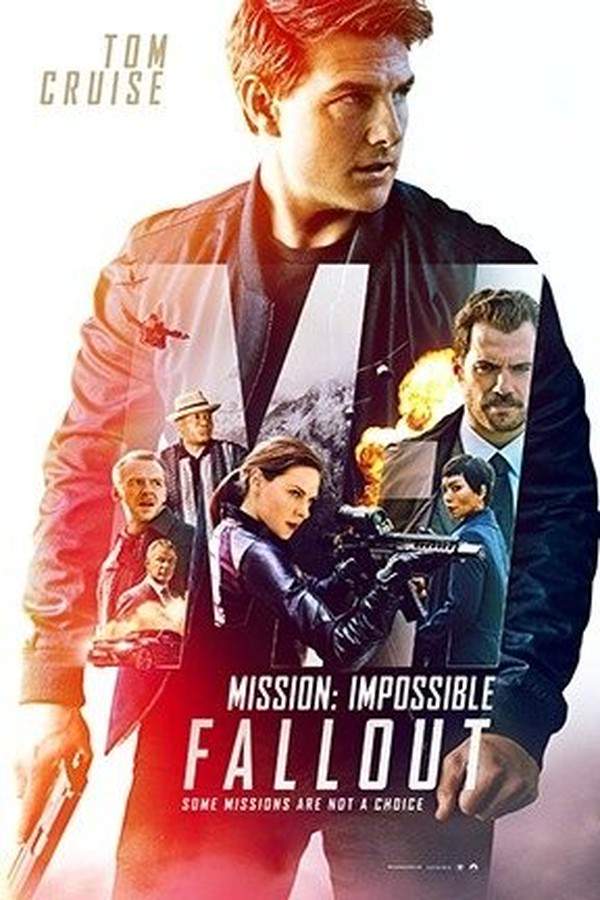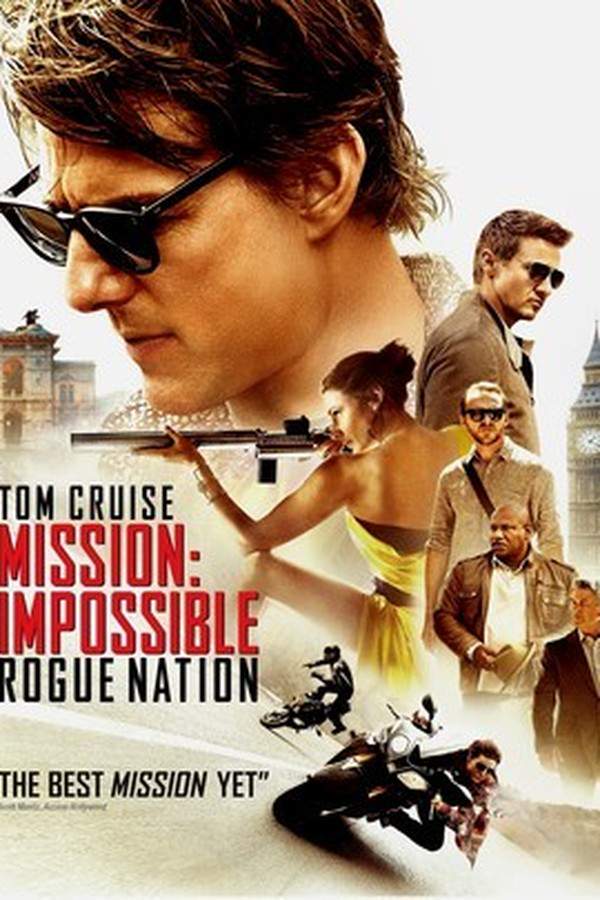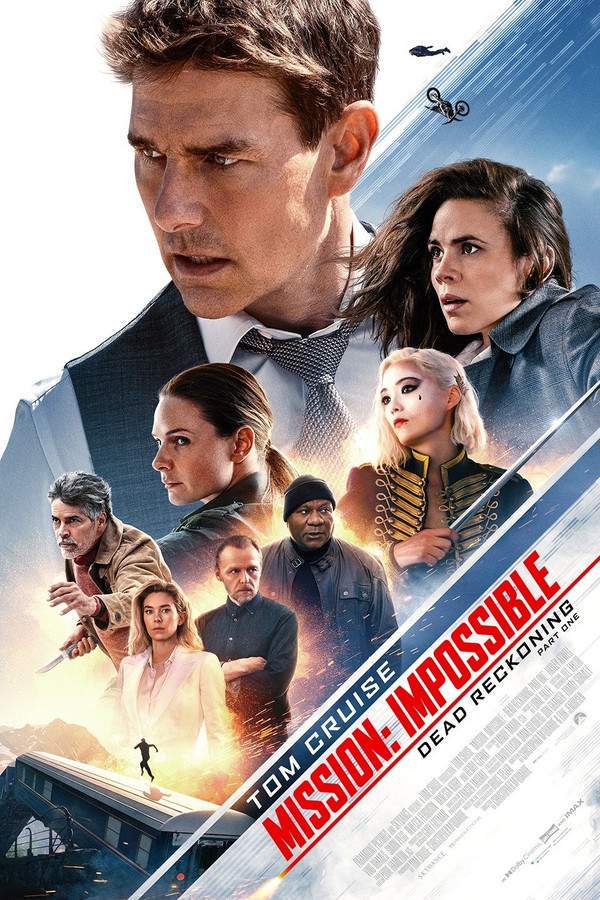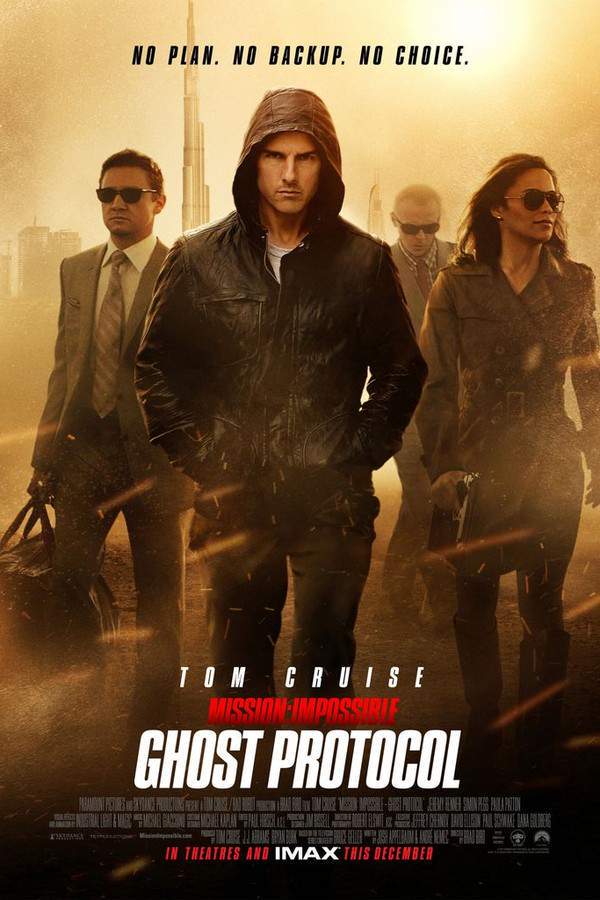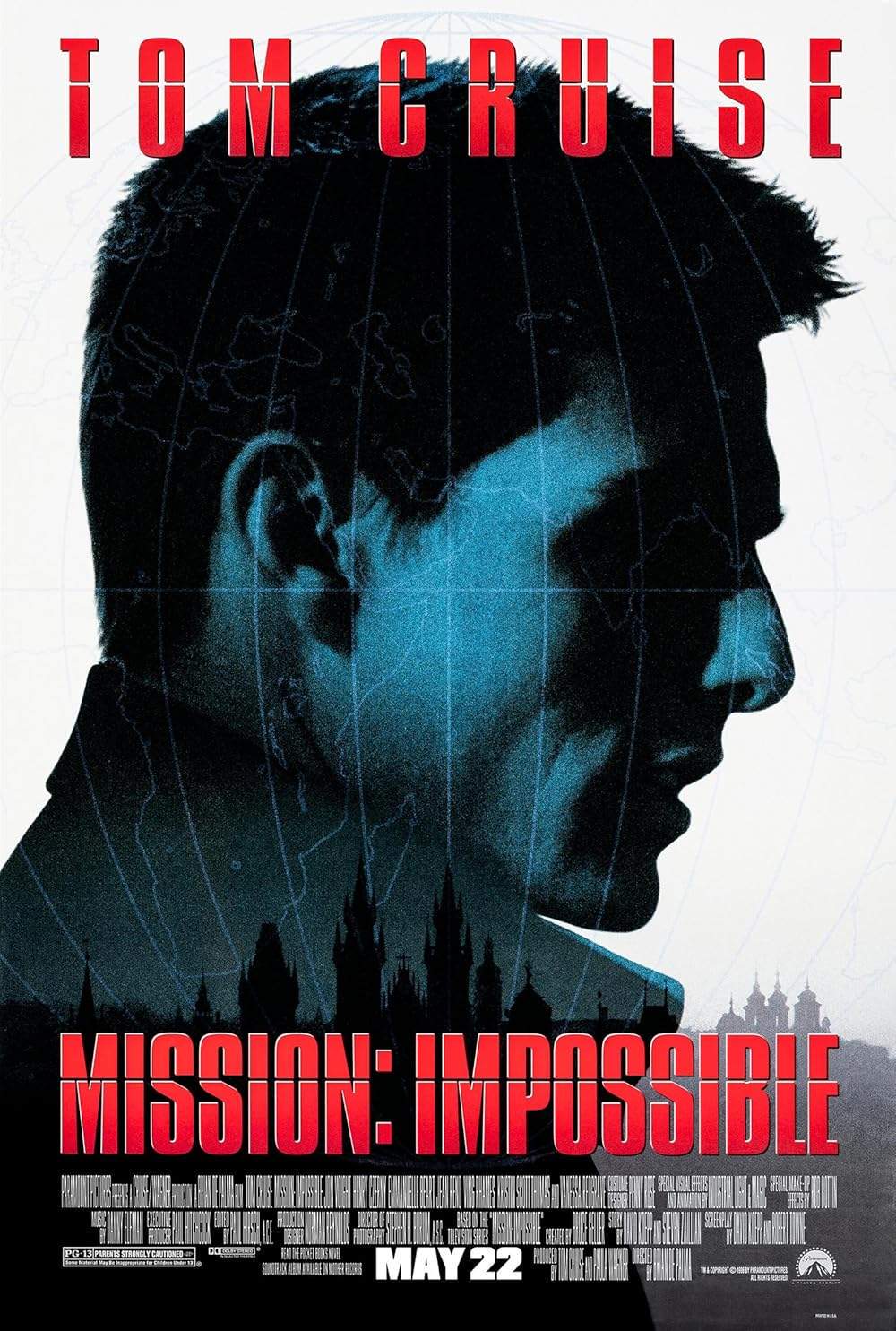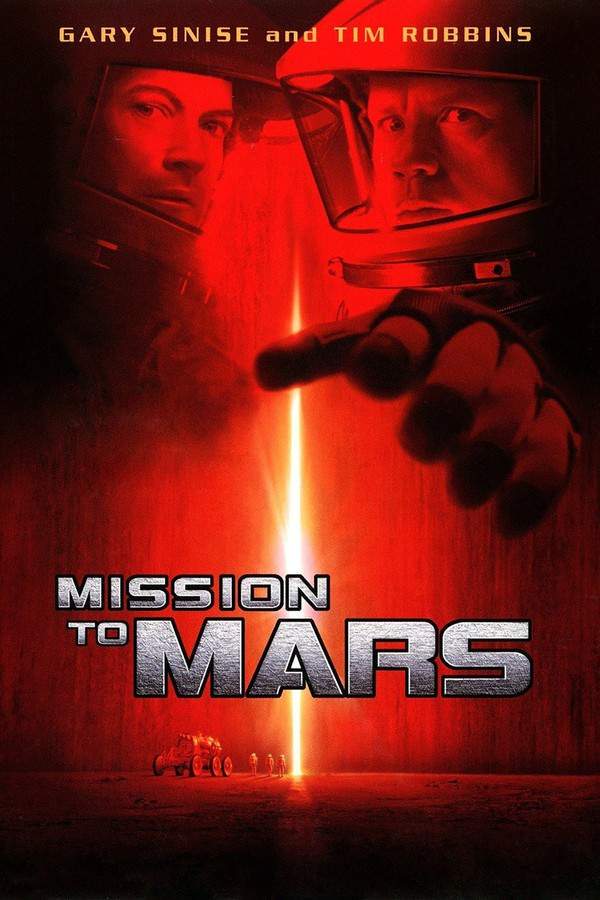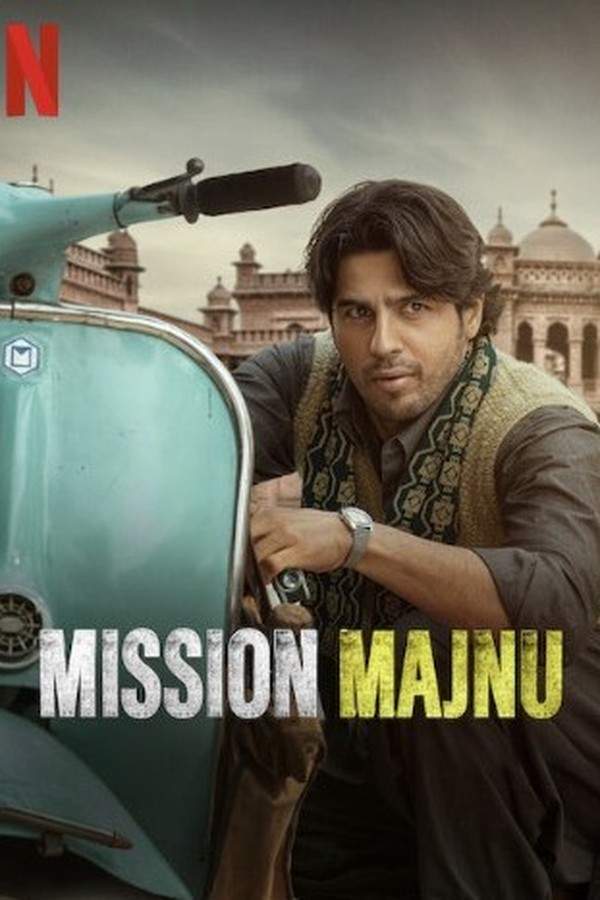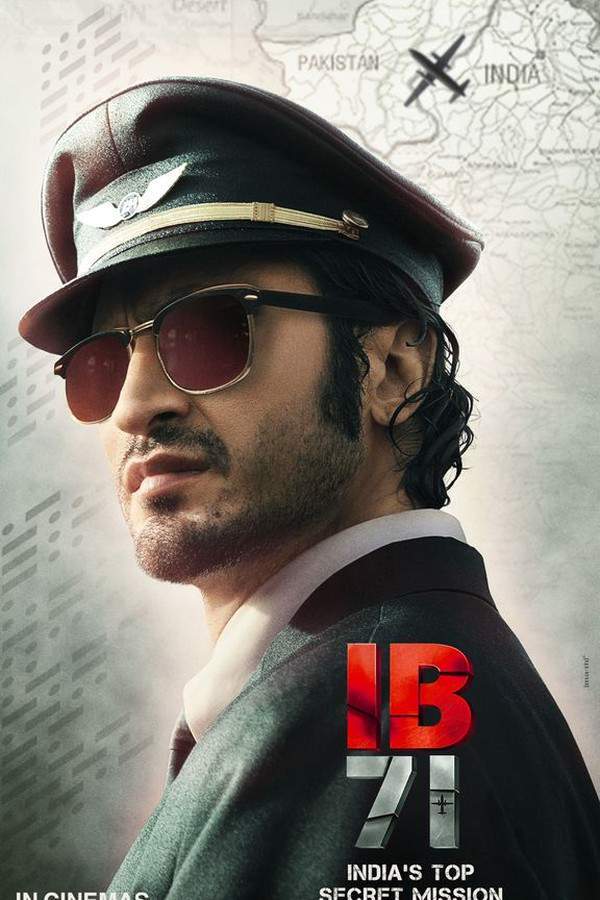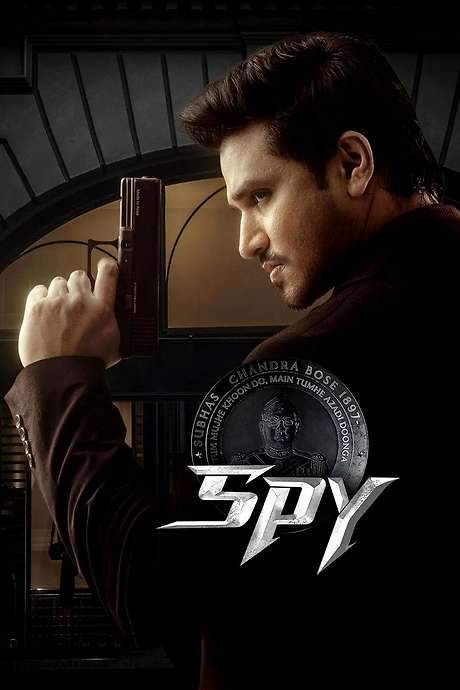Mission Mangal 2019
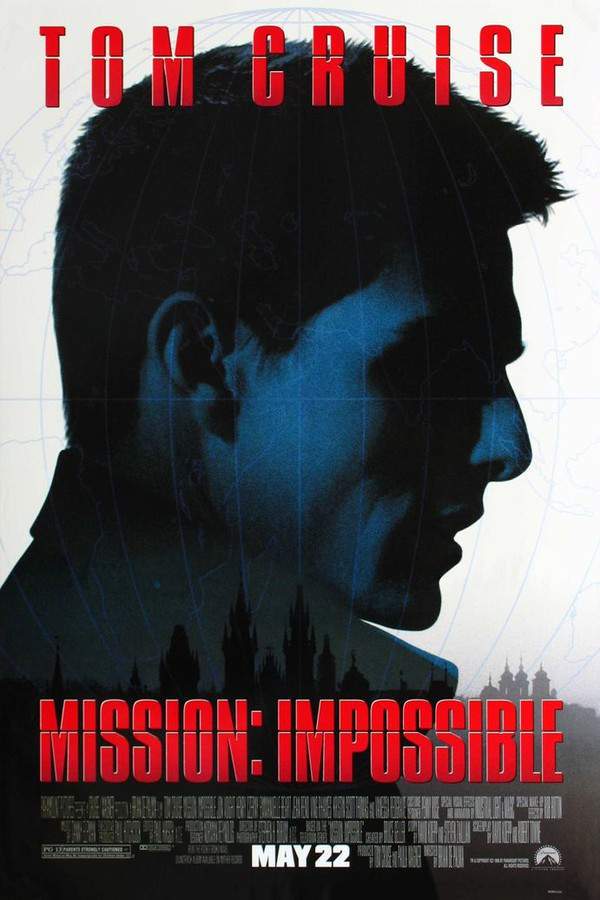
Framed for a crime he didn't commit, operative Ethan Hunt is forced to go rogue. To clear his name and expose the real culprit, he gathers a specialized team. Their mission: to penetrate the CIA's secure headquarters and retrieve vital evidence. Facing formidable obstacles and powerful enemies, the team must risk everything in a desperate race against time.
Does Mission Mangal have end credit scenes?
No!
Mission Mangal does not have end credit scenes. You can leave when the credits roll.
Meet the Full Cast and Actors of Mission Mangal
Explore the complete cast of Mission Mangal, including both lead and supporting actors. Learn who plays each character, discover their past roles and achievements, and find out what makes this ensemble cast stand out in the world of film and television.
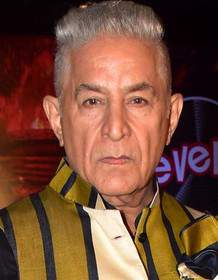
Dalip Tahil
Rupert Desai

Akshay Kumar
Rakesh Dhawan

Sanjay Kapoor
Sunil Shinde

Daniel O'Kane

Tapsee Pannu

Vidya Balan
Tara Shinde

Sonakshi Sinha
Ekta Gandhi

Anirban Bhattacharyya
Television Host

H.G. Dattatreya
Ananth Iyer

Jhuma Biswas
Nithya Menon's Mother-in-law

Kirti Kulhari
Neha Siddiqui

Monsoon Boruah
Propulsion Scientist

Nithya Menon

Sharman Joshi
Parmeshwar Naidu
External Links and Streaming Options
Discover where to watch Mission Mangal online, including streaming platforms, rental options, and official sources. Compare reviews, ratings, and in-depth movie information across sites like IMDb, TMDb, Wikipedia or Rotten Tomatoes.
Ratings and Reviews for Mission Mangal
See how Mission Mangal is rated across major platforms like IMDb, Metacritic, and TMDb. Compare audience scores and critic reviews to understand where Mission Mangal stands among top-rated movies in its genre.

The Movie Echo Score
The film delivers engaging visual style and a thrilling presentation but features uneven narrative clarity and variable character depth. The direction and cinematography are widely praised for their precise framing and energetic editing, while viewers note that the plot can be convoluted and character relationships are underdeveloped. Sensory elements like the soundtrack and action set pieces receive consistent acclaim, though some anticipate diminishing returns on repeat viewings. Overall, the result is a solid action experience with room for greater narrative cohesion and emotional resonance.
The Movie Echo Score Breakdown for Mission Mangal

Art & Craft
In terms of art and craft, the film excels in its direction and production design through well-composed shots and fluid editing. Critics and viewers highlight Brian De Palma’s precise use of close-ups and wide frames that sustain tension. The set pieces and visual compositions are consistently sharp, yielding a dynamic aesthetic that underpins the film’s energy.

Character & Emotion
When it comes to character and emotion, the film centers primarily on a strong lead performance with less depth in supporting roles. Observers note Tom Cruise’s measured vulnerability as Ethan Hunt contrasts with more one-dimensional characterizations elsewhere. The narrative offers limited emotional development and uneven chemistry, resulting in moderate engagement with the ensemble overall.

Story & Flow
In terms of story and flow, responses to the plot are mixed, with praise for inventive twists but criticism for its convoluted pacing. Some find the narrative engaging through its escalating stakes and suspenseful set pieces, while others highlight recurring confusion and implausible turns. The uneven coherence tempers overall enjoyment, leading to a narrative that intrigues but occasionally frustrates viewers.

Sensory Experience
When considering the sensory experience, the film succeeds in delivering thrilling sound design and a memorable score that punctuate key moments. Viewers commend the blend of calm passages and urgent musical surges, complemented by crisp audio effects during action sequences. The cohesive visual style and well-integrated soundtrack maintain high engagement, solidifying the film’s immersive quality.

Rewatch Factor
In terms of rewatch factor, the film offers moderate replay value driven by its iconic action set pieces and stylistic vigor. Fans appreciate returning to standout scenes and familiar musical cues, though the narrative’s occasional obscurity can diminish subsequent viewings. The combination of dynamic visuals and franchise nostalgia supports interest in revisiting, albeit with some narrative reservations.


65%
TOMATOMETER

71%
User Score

6.5 /10
IMDb Rating

67
%
User Score

2.9
From 7 fan ratings
Take the Ultimate Mission Mangal Movie Quiz
Challenge your knowledge of Mission Mangal with this fun and interactive movie quiz. Test yourself on key plot points, iconic characters, hidden details, and memorable moments to see how well you really know the film.
Mission Mangal Quiz: Test your knowledge about the inspiring story behind India's Mars Orbiter Mission depicted in Mission Mangal.
Who is the director of the Mangalyaan project?
Tara Shinde
Rakesh Dhawan
Vikram Gokhale
Rupert Desai
Show hint
Full Plot Summary and Ending Explained for Mission Mangal
Read the complete plot summary of Mission Mangal, including all major events, twists, and the full ending explained in detail. Explore key characters, themes, hidden meanings, and everything you need to understand the story from beginning to end.
After the unsuccessful launch of GSLV-F06 on December 25, 2010, a small misstep by Tara Shinde, portrayed by Vidya Balan, leads her colleague, Rakesh Dhawan (played by Akshay Kumar), to take the fall for her mistake, resulting in his reassignment to work on Mangalyaan as a punishment. This ambitious Mars Orbiter Mission (MoM) is deemed an impossible feat by his peers, primarily due to its tight budget.
The project gains the guidance of Rupert Desai, an ex-NASA director hired by ISRO to provide strategic consulting. Rupert suggests borrowing technology from NASA, but Rakesh firmly opposes this idea, advocating for a “Make in India” approach. The ISRO director, played by Vikram Gokhale, considers Rakesh’s vision seriously.
On the home front, Tara’s husband, Sunil Shinde, is not the most supportive spouse, adding to her struggles as she attempts to balance her career with family expectations. As Tara transitions to a more competent team, Rakesh encounters a significant challenge—MoM cannot launch on PSLV due to its payload capacity of only 1,500 kg, whereas GSLV could have accommodated the necessary 2,300 kg. Recent failures of GSLV cast further doubt on the future of the mission.
During a domestic moment, while frying ‘Purīs’, Tara’s maid mentions the gas running low, prompting Tara to devise a clever plan to use PSLV to accomplish the mission. With renewed enthusiasm, she approaches Rakesh with her idea. Initially skeptical, he soon brings their team onboard, despite facing initial ridicule. Subsequently, the ISRO Director supports Rakesh’s vision and directs Rupert to assemble their team, but Rupert assigns them mostly inexperienced recruits.
Among the newcomers is Eka Gandhi, the propulsion control expert, who harbors disdain for Indian projects and dreams of joining NASA. Neha Siddiqui, the spacecraft autonomy designer, grapples with societal rejection stemming from her inter-communal background, while Krittika Agarwal, the navigation specialist, dedicates her efforts to supporting her wounded husband, Rishi.
Then there’s Varsha Pillai, the satellite designer who faces pressure from her mother-in-law for not becoming a mother herself, and Parmeshwar Naidu, the payload specialist who, despite his superstitious beliefs about marriage, chooses to persist with the Martian mission, infatuated with Eka.
However, the announcement of India’s second Moon mission, Chandrayaan-2, brings an unexpected budget cut of 50%, leaving just 400 Crores for their project. Amid the constraints of a tight schedule and limited funds, Rakesh and Tara navigate challenges, making significant compromises while incorporating experienced specialists to bolster their young team. They innovate by reducing the satellite’s weight using a plastic aluminum composite and are thrilled when Eka finds a way to adjust their mission parameters, allowing them to carry 850 kg of fuel, leading her to forgo her NASA application.
In a stroke of cost-saving genius, Tara proposes utilizing equipment from the delayed Chandrayaan-2 project to further minimize MoM’s expenses. The culmination of their hard work and determination pays off when the Mangalyaan satellite is successfully launched on November 5, 2013, marking a significant achievement for the team. After an impressive 298-day journey, the satellite enters Mars’ orbit on September 24, 2014, making India the fourth nation to ever achieve such a milestone and the first to do so on its first attempt—an inspiring triumph against all odds.
Uncover the Details: Timeline, Characters, Themes, and Beyond!

Coming soon on iOS and Android
The Plot Explained Mobile App
From blockbusters to hidden gems — dive into movie stories anytime, anywhere. Save your favorites, discover plots faster, and never miss a twist again.
Sign up to be the first to know when we launch. Your email stays private — always.
Discover Film Music Concerts Near You – Live Orchestras Performing Iconic Movie Soundtracks
Immerse yourself in the magic of cinema with live orchestral performances of your favorite film scores. From sweeping Hollywood blockbusters and animated classics to epic fantasy soundtracks, our curated listings connect you to upcoming film music events worldwide.
Explore concert film screenings paired with full orchestra concerts, read detailed event information, and secure your tickets for unforgettable evenings celebrating legendary composers like John Williams, Hans Zimmer, and more.


Cars Featured in Mission Mangal
Explore all cars featured in Mission Mangal, including their makes, models, scenes they appear in, and their significance to the plot. A must-read for car enthusiasts and movie buffs alike.
Mission Mangal Themes and Keywords
Discover the central themes, ideas, and keywords that define the movie’s story, tone, and message. Analyze the film’s deeper meanings, genre influences, and recurring concepts.
Mission Mangal Other Names and Titles
Explore the various alternative titles, translations, and other names used for Mission Mangal across different regions and languages. Understand how the film is marketed and recognized worldwide.
Similar Movies To Mission Mangal You Should Know About
Browse a curated list of movies similar in genre, tone, characters, or story structure. Discover new titles like the one you're watching, perfect for fans of related plots, vibes, or cinematic styles.
Quick Links: Summary, Cast, Ratings, More

What's After the Movie?
Not sure whether to stay after the credits? Find out!
Explore Our Movie Platform
New Movie Releases (2025)
Famous Movie Actors
Top Film Production Studios
Movie Plot Summaries & Endings
Major Movie Awards & Winners
Best Concert Films & Music Documentaries
Movie Collections and Curated Lists
© 2025 What's After the Movie. All rights reserved.




















